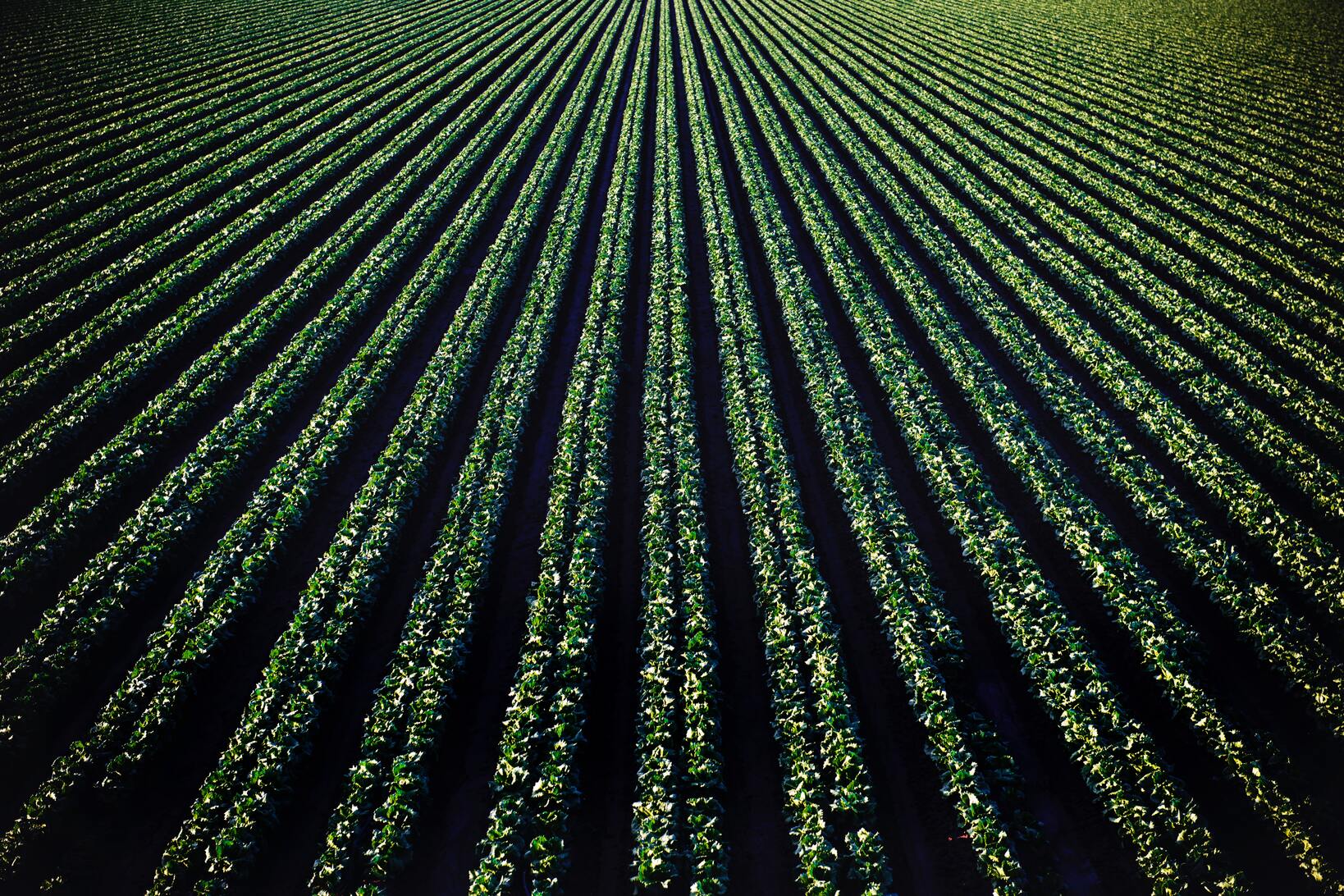Agriculture
We cover the full range of EU agricultural policy: food quality, traceability, trade and promotion of EU farm products.


EU farm policy has changed in recent decades. It covers a wide range of areas, including food quality, traceability, trade and promotion of EU farm products. The two key priorities of the EU agricultural policy are namely:
EU institutions collaborate on food and farming policy-making, implementing, monitoring and evaluating it. In addition, national and local authorities implement the laws agreed at EU level. Through the EU budget, funds are made available to member states in accordance to rules set at EU level.
Agriculture and food related industries and services provide an important share of EU jobs. Over 44 million jobs, including regular work for 20 million people within the agricultural sector itself. Thanks to its varied climate, fertile soil, the technical skills of its farmers and the quality of its products, the EU is one of the world's leading producers and exporters of agricultural products.
World food production needs to double by 2050 to cater for population growth and evolving food habits. It faces the impacts of climate change on biodiversity, soil and water quality, and the demands of the global marketplace.
To consolidate the role of European agriculture for the future, the CAP has evolved over the years to meet changing economic circumstances and citizens’ requirements and needs.
In June 2018, the European Commission presented legislative proposals for CAP post-2023. The proposals outlined a simpler and more efficient policy that will incorporate the sustainable ambitions of the European Green Deal. After several rounds of negotiations, the European Parliament, the Council of the EU and the European Commission reached an agreement on a new CAP in June 2021. The new CAP is due to be implemented from 1 January 2023.